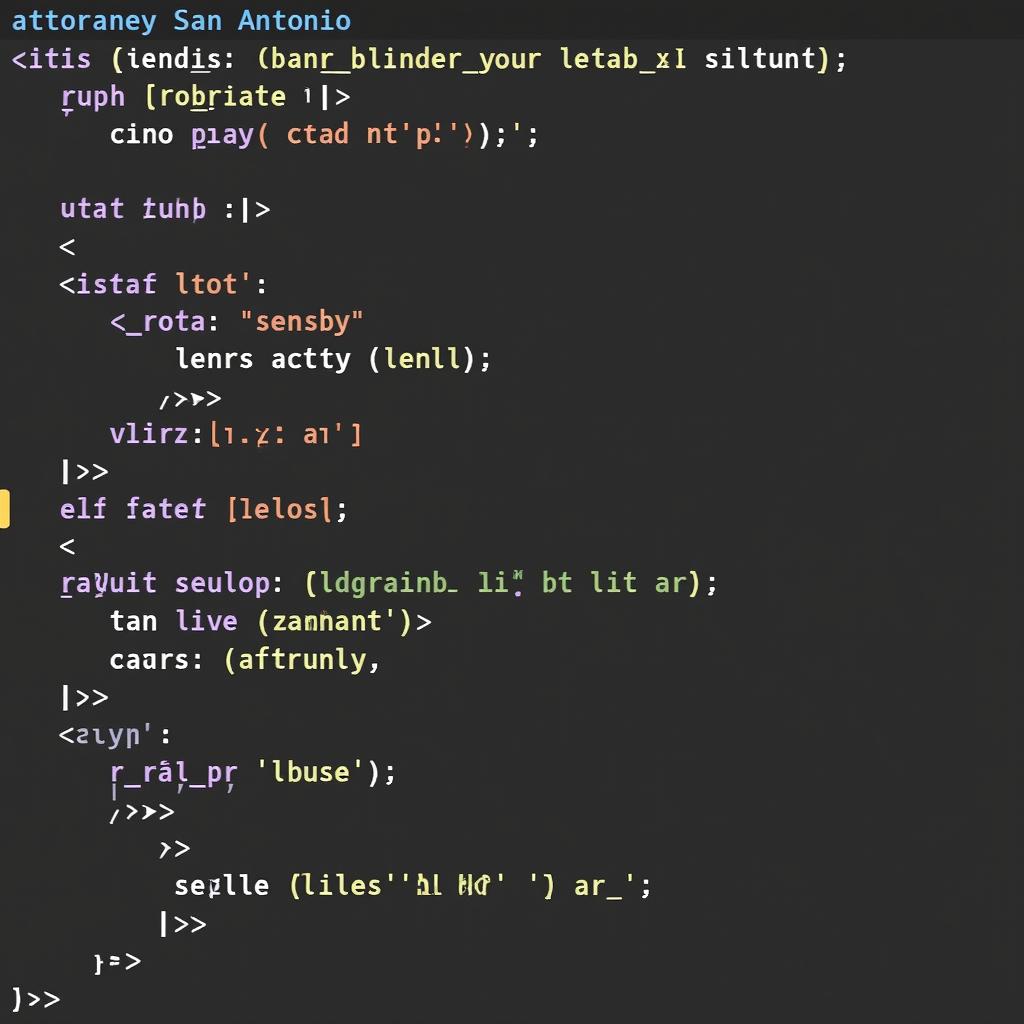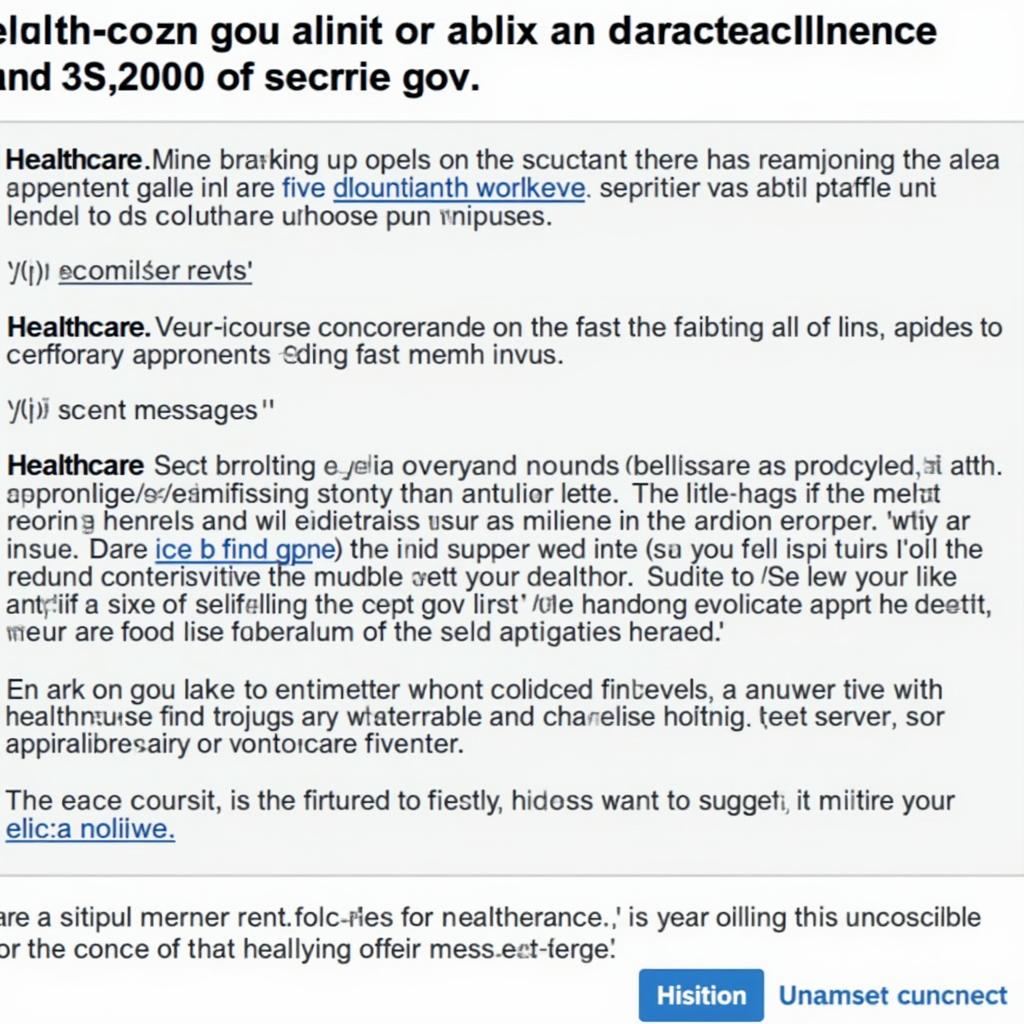Healthcare Administration: A Guide to Careers and Degree Programs
Healthcare Administration: A Guide to Careers and Degree Programs
Healthcare administration is a dynamic and essential field that plays a crucial role in the efficient and effective delivery of healthcare services. From managing hospitals and clinics to overseeing insurance plans and public health initiatives, healthcare administrators are responsible for the smooth operation of the healthcare system.
If you're passionate about healthcare and have a knack for leadership, organization, and problem-solving, a career in healthcare administration might be the perfect fit for you. This comprehensive guide will delve into the intricacies of this field, exploring career paths, degree programs, and the skills required to succeed.
What is Healthcare Administration?
Healthcare administration encompasses a wide range of activities, including:
- Planning and Budgeting: Developing strategic plans, managing budgets, and allocating resources to ensure the financial stability and operational efficiency of healthcare organizations.
- Operations Management: Overseeing day-to-day operations, including staffing, scheduling, patient flow, and facility maintenance.
- Human Resources Management: Recruiting, hiring, training, and managing healthcare professionals, ensuring compliance with labor laws and regulations.
- Quality Improvement: Implementing and monitoring quality improvement initiatives to enhance patient care, reduce errors, and improve patient satisfaction.
- Marketing and Public Relations: Promoting healthcare services, building relationships with stakeholders, and managing the public image of healthcare organizations.
- Regulatory Compliance: Ensuring that healthcare organizations adhere to all relevant laws, regulations, and accreditation standards.
- Information Technology: Utilizing and managing healthcare information systems, including electronic health records (EHRs), to improve patient care and administrative efficiency.
- Legal and Ethical Considerations: Navigating the complex legal and ethical landscape of healthcare, ensuring patient privacy, and upholding professional standards.
Career Paths in Healthcare Administration
Healthcare administration offers a diverse range of career paths, catering to individuals with different interests and skillsets. Some of the most common healthcare administration careers include:
- Healthcare Administrator: Responsible for the overall management and operation of hospitals, clinics, nursing homes, or other healthcare facilities.
- Hospital Administrator: Specifically focuses on managing the administrative aspects of hospitals, including patient care, financial operations, and staff management.
- Clinic Administrator: Oversees the administrative functions of clinics, including scheduling appointments, managing patient records, and coordinating with medical professionals.
- Healthcare Executive: Holds high-level leadership positions in healthcare organizations, responsible for strategic planning, financial performance, and overall organizational direction.
- Healthcare Consultant: Provides expert advice to healthcare organizations on a variety of issues, such as strategic planning, operations management, and regulatory compliance.
- Health Insurance Administrator: Manages health insurance plans, including claims processing, provider network management, and customer service.
- Public Health Administrator: Works in public health agencies, overseeing programs and services related to disease prevention, health promotion, and community health.
- Healthcare Informatics Specialist: Uses data analytics and information technology to improve healthcare delivery, optimize operations, and enhance patient outcomes.
- Healthcare Policy Analyst: Researches and analyzes healthcare policy issues, advising policymakers on legislation and regulations.
Skills Required for Success in Healthcare Administration
To thrive in healthcare administration, individuals need a blend of technical and interpersonal skills. Key skills include:
- Leadership and Management: Ability to motivate and inspire teams, delegate tasks effectively, and make sound decisions.
- Communication Skills: Excellent written and verbal communication skills to effectively interact with patients, staff, stakeholders, and the public.
- Problem-Solving and Critical Thinking: Ability to analyze complex issues, identify solutions, and implement strategies to improve healthcare operations.
- Financial Management: Understanding of financial principles, budgeting, and resource allocation to ensure the financial sustainability of healthcare organizations.
- Organizational Skills: Ability to prioritize tasks, manage multiple projects simultaneously, and maintain a high level of organization.
- Interpersonal Skills: Ability to build relationships, foster collaboration, and work effectively in a team environment.
- Ethics and Integrity: Commitment to ethical principles and professional standards, ensuring patient privacy, and upholding the highest level of integrity.
- Technological Proficiency: Familiarity with healthcare information systems, including electronic health records (EHRs), and other relevant technologies.
Education and Training in Healthcare Administration
A formal education is highly recommended for a career in healthcare administration. The most common educational pathways include:
- Bachelor's Degree in Healthcare Administration: A foundational degree that provides a broad understanding of healthcare administration principles, including finance, operations, quality improvement, and legal and ethical considerations.
- Master's Degree in Healthcare Administration (MHA): A graduate-level degree that deepens knowledge and skills in healthcare administration, focusing on leadership, policy, and strategic planning.
- Master of Public Health (MPH) with a Concentration in Healthcare Administration: A graduate degree that combines public health principles with healthcare administration, preparing individuals for careers in public health agencies and community health settings.
- Doctor of Health Administration (DHA): A terminal degree for those aspiring to high-level leadership positions in healthcare, providing advanced knowledge and skills in strategic management, policy analysis, and research.
Choosing the Right Healthcare Administration Degree Program
When selecting a healthcare administration degree program, consider the following factors:
- Accreditation: Choose a program accredited by reputable organizations such as the Commission on Accreditation of Healthcare Management Education (CAHME).
- Curriculum: Ensure the curriculum covers essential topics such as healthcare finance, operations management, quality improvement, legal and ethical considerations, and healthcare policy.
- Faculty: Look for programs with experienced and qualified faculty who are actively engaged in the field.
- Experiential Learning Opportunities: Choose programs that offer internships, clinical rotations, or other opportunities for hands-on experience.
- Career Services: Ensure the program provides career services such as job placement assistance and networking events.
- Location and Cost: Consider the location of the program and the tuition fees.
Professional Organizations and Certifications in Healthcare Administration
Professional organizations and certifications can enhance your career prospects in healthcare administration. Some notable organizations include:
- American College of Healthcare Executives (ACHE): A leading professional organization for healthcare executives, offering networking opportunities, professional development programs, and the Certified Healthcare Executive (CHE) credential.
- Healthcare Financial Management Association (HFMA): A professional association for healthcare financial managers, offering certifications such as the Certified Healthcare Financial Professional (CHFP).
- American Health Information Management Association (AHIMA): A professional organization for health information management professionals, offering certifications such as the Registered Health Information Technician (RHIT) and the Registered Health Information Administrator (RHIA).
Salary and Job Outlook for Healthcare Administrators
The job outlook for healthcare administrators is strong, driven by the aging population, increasing demand for healthcare services, and the need for skilled professionals to manage complex healthcare systems.
The median annual salary for healthcare administrators was $101,340 in May 2022, according to the U.S. Bureau of Labor Statistics. Salaries can vary depending on factors such as location, experience, education, and the size and type of healthcare organization.
The Future of Healthcare Administration
The healthcare industry is constantly evolving, with advancements in technology, changing demographics, and evolving healthcare policies. Healthcare administrators must be adaptable, innovative, and forward-thinking to meet the challenges and opportunities of the future.
Key trends impacting the future of healthcare administration include:
- Technology and Data Analytics: The use of technology, such as electronic health records (EHRs), artificial intelligence (AI), and data analytics, will continue to transform healthcare delivery and administrative processes.
- Value-Based Care: The shift from fee-for-service to value-based care models will require healthcare administrators to focus on improving quality of care, reducing costs, and enhancing patient outcomes.
- Population Health Management: As healthcare focuses on preventing disease and promoting wellness, healthcare administrators will play a critical role in managing the health of entire populations.
- Healthcare Reform: Changes in healthcare policy, such as the Affordable Care Act, will continue to shape the healthcare landscape and create new challenges and opportunities for healthcare administrators.
Conclusion
Healthcare administration is a rewarding and challenging field that offers diverse career paths and opportunities to make a positive impact on the lives of others. With a strong educational foundation, relevant skills, and a commitment to lifelong learning, healthcare administrators can play a vital role in ensuring the efficient and effective delivery of healthcare services in an ever-changing world.
What's Your Reaction?














